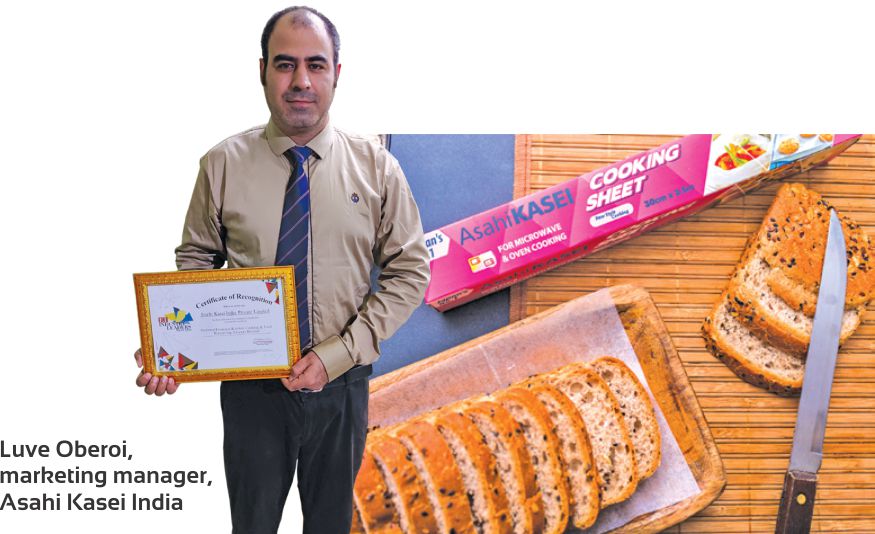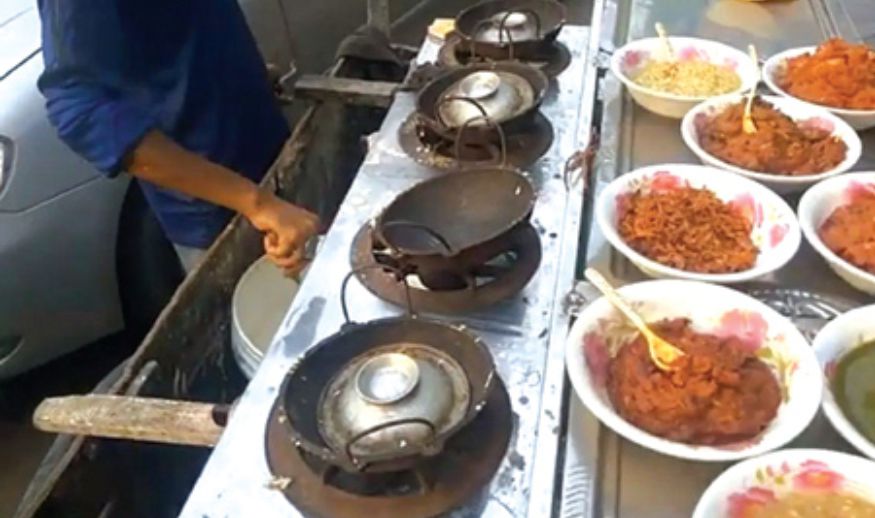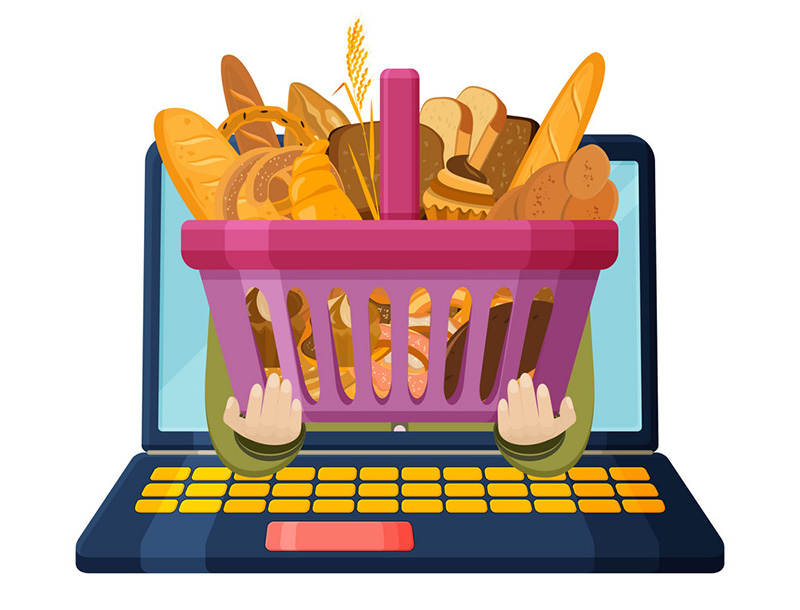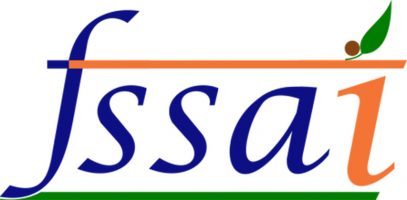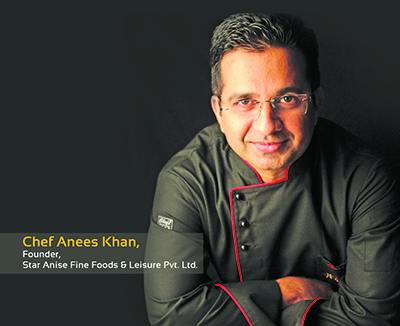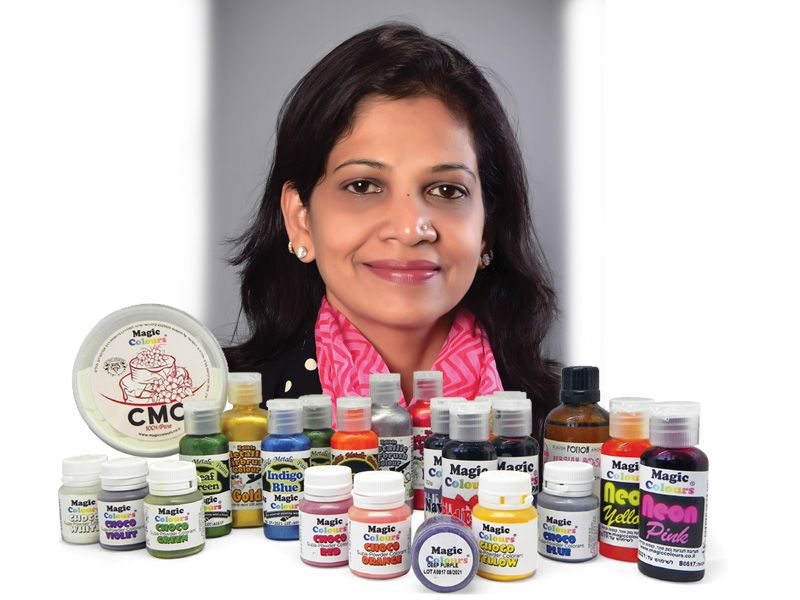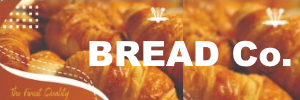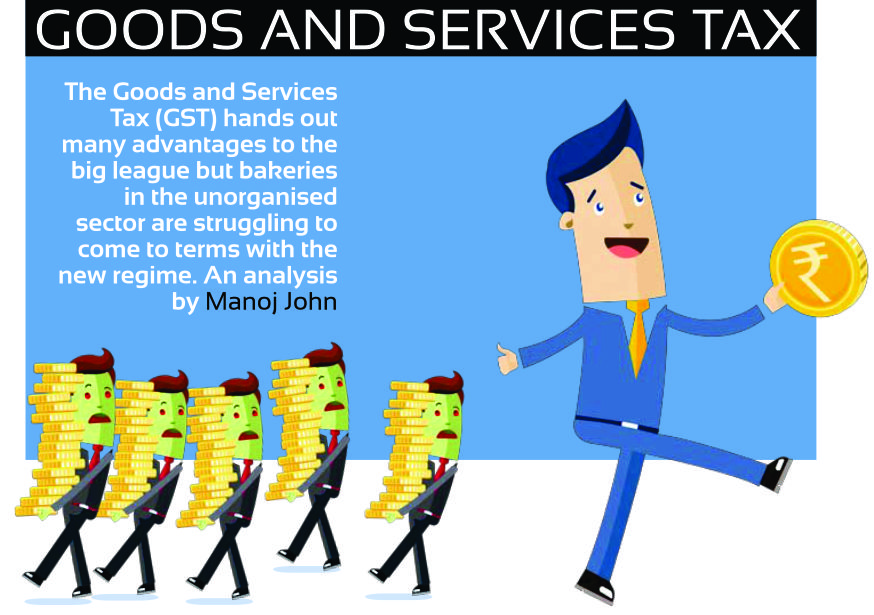
The biggest reform in tax laws in Independent India has caused so much disruption in the bakery industry so that businesses are yet to grasp its true ramifications. Even as the large bakery chains say the Goods and Services Tax (GST) will put order into the industry, smaller bakeries have begun to feel the pinch following the introduction of the unified tax since 1 July this year.
Costs of many products have risen by five to 10 per cent at small to medium bakeries, which has dampened their sales. Though the spirit behind unifying the tax system is simplification, many bakers believe it has complicated the matter for them.
“Accounting has become cumbersome for bakeries. The baker eventually produces only one single product—be it bread, cake or cookie. But he has to pay different taxes for various raw materials. This defies spirit of ‘one nation one tax’ motto,” said Joseph Lawrence, Mentor, JM Bakers Academy, adding that there should be “one nation one tax and one rate too.”
Despite hitches, bakers agree that GST is a progressive move in general for the country. “GST is good for the industry in general. Earlier the combined tax, including VAT and service tax, to be borne by the customer was 20.5 per cent. This has now come down to 18 per cent. This is a positive change. Our purchase cost also has come down. For some products, the total tax implication was up to 38 per cent. Now, the maximum rate is fixed at 28 per cent. This is a big solace. Still I feel there should be a flat rate of 12 – 14 per cent rather than the present system of four different slabs,” said Gaurav Wadhwa, owner, Theos. Bakers flay the differential rates of GST rather than the GST itself. Flour, for instance, is exempt from tax but branded flour is levied a tax of five per cent. Service tax for restaurants is 12 per cent but if any part of the restaurant, including the kitchen, is air-conditioned, the same goes up to 18 per cent.
“The GST Act and Rules are very clear. We have been approaching GST from a theoretical perspective for so long. From July 1 onwards, a number of practical issues have propped up. Now we need to learn from the bakeries what specific problems they are facing. Only then we can analyse them and find possible solutions,” said Pramod Surte, GST consultant who advises the hospitality industry.
Bearing the brunt
Chocolate, khari, pizza base, branded maida, biscuit and several other products are at the receiving end in the wake of the new tax regime. The biggest victim is chocolate, which now attracts a tax of 18 per cent.
“GST has turned chocolate into a premium product. The 18 per cent tax on chocolate has come as a blow to us. A major chunk of our chocolate customers are students. They cannot afford such huge amount. Chocolate sales of most bakeries have come down,” said Virender Arora, owner, Master Baker & Fast Food Centre. The chocolate market is growing at around 15 per cent per annum.
“A few problem areas need to be taken care of by the authorities. One of them is related to chocolate. Take for example combo products for gifting. Even if there is small piece of chocolate in a mixed bag, it goes into a higher slab of tax rate,” said Gaurav Wadhwa, owner, Theos, a chain of five outlets in Northern India. Wadhwa is planning to expand his business into other cities. Khari is another product that has become a bone of contention with the advent of GST. The classification of khari, a major sales puller at bakeries, is contentious.
“The tax rates for products need to be reworked. Our main grievance is related to the rate for khari. At present, we are consulting taxation experts. We are planning to approach the authorities for justice,” Prasad Dhargalkar, owner, Prasad Baking Corporation.
The classification of pizza base is also ambiguous. If pizza base is put under bread section, there is zero tax. If the base is considered a raw material for finished pizza, the tax rate is five per cent.
Tax on biscuits is another contentious issue. Even as essential items such as bread and milk are exempted from tax, biscuits are taxed 18 per cent. This comes at a time manufacturers were clamouring for exemption from tax as biscuit is a source of nutrients at cheap price for the rural poor.
“We expected that at least glucose biscuits will be were levied not more than five per cent tax. The move to charge all types of biscuits with 18 per cent tax is really a big blow to small bakeries,” said Sainath, who runs a bakery in Mumbai.
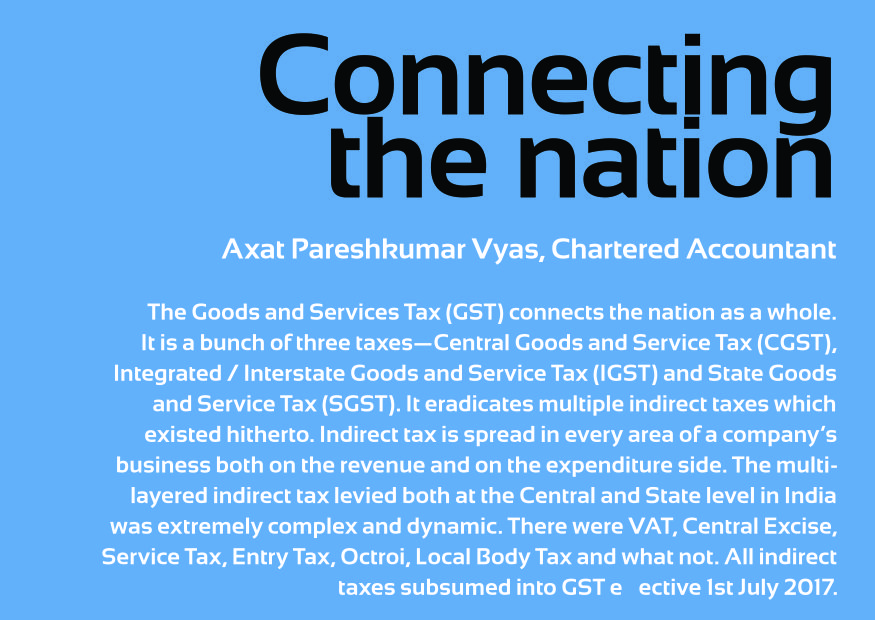
Big chains contented
The big bakery chains and multinational cafes are, at the same time, breathing a sigh of relief as tax has virtually come down for them. “GST is good for the industry. With this revolutionary tax regime in place, the industry will become organised. Now everybody is doing business only with invoices. This is beneficial for the manufacturers. The bakeries also get the advantage since they get input tax credit. They are also happy now,” said PV Shyam, sales head, DP Chocolates.
While big chains such as Monginis, Just Bake and Karachi Bakery do benefit from GST, the small neighbourhood bakeries may face troubles. Most of the small bakeries are in the unorganised sector where proper billing is an exemption rather than a rule.
“It is true that small bakeries in the unorganised sector,” says Shyam, whose customers include big bakery chains and ice cream companies.
In the previous regime of multiple taxes such as valueadded tax (VAT) and excise duty, the effective cumulative tax for many products amounted to as much as 40 per cent. Under GST, the highest tax slab is 28 per cent. As GST is a unified, destination based tax, there is no other tax on sale and purchase of consumable goods in the country now.
GST is levied at five per cent, 12 per cent, 18 per cent and 28 per cent on sale of goods and rendering of service. Import duty, over and above GST, is still applicable for ingredients brought in from foreign countries.
Most bakery items such as cakes, pastries and cookies are now charged 18 per cent GST as compared with 5 per cent VAT earlier. Bakeries have put up a unified face against some of the provisions of GST in a move to approach the authorities to seek remedy. The major hurdles under GST are classifications of some best-selling items such as khari, and the exorbitant tax on chocolate.
“Sales tax was a big burden for the bakery industry. In a different way, it continues even after the GST came into effect. If you eat in a restaurant, GST is 18 per cent. And the GST on take-away products at bakeries is also 18 per cent. Such anomalies must be eliminated. In my opinion, GST must be based on the turnover of an establishment,” said Virender Arora, owner, Master Baker & Fast Food Centre, Delhi.
Bread, along with other essential items, is exempted from GST. But bread-based products such as, say, brun maska, are served at the table, 12 per cent GST will be levied. This is going to take a toll especially on the Iranian restaurants, which are already fighting for survival, serving brun muska and khari biscuits among other typical Parsi items.
Curiously, non-essential bakery products carry 18 per cent tax at the takeaway counter and, if the same product is served to the customer at the table, will attract only 12 per cent tax, a saving of six per cent. Bakers see this as an anomaly since outlets with eating place are usually classified as cafés and not bakeries. “Bakeries that have facilities for immediate consumption of food face their own problems,” says Surte.
There are different tax rates for take-away products, depending on the HSN (Harmonised System Nomenclature) code. For dine-in, there is a flat GST of 18 per cent. It means that if someone buys a product from across the counter, the tax is 5 per cent, for instance, and if he eats the same product in a restaurant, the tax is 18 per cent.
The catch is the high tax on ingredients used for baking bread. Since bread is exempted from tax, bakers will not get the input tax credit on the raw materials. Improvers and yeast carry 18 per cent tax, which in turn result in an increase the price of bread. This effectively nullifies the exemption of bread from GST to some extent as the consumer ends up in paying a higher amount as price, if not as tax.
Another fiery area is the taxation system for fuel. Petroleum products are currently not brought under GST. Bakers use diesel and liquefied natural gas (LNG) as source of energy as electricity is costlier in the country. Bakeries will not get the benefit of input tax credit since petroleum products are still levied VAT. GST has also increased the work load for businesses. The staffers who handle accounting at bakeries are yet to grasp the full implications of this new taxation system. The previous tax regime was familiar to everyone. With GST, the paper work has actually increased many-fold. Most bakeries are still groping for the right accounting software that is compliant with GST,” said Arora.
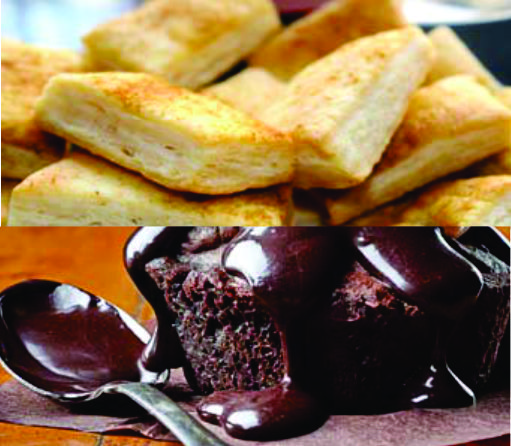
Move to seek remedy
The bakers are contemplating on approaching the Commissioner of Sales Tax, the appropriate authority for hearing grievances related to GST rates, for an advance ruling. “We will file an application before the Commissioner for advance relief. We are hopeful that the Commissioner will be proactive to addressing our concerns,” said a source.
The bakers are determined to go for judicial remedy if they do not get justice at the administrative level, it is reliably learnt. Gujarat State Bakers’ Federation has already moved the GST Council to address this issue. Faced with high tax on ingredients and no input tax credit, bakers will eventually be forced to hike prices more and more.



